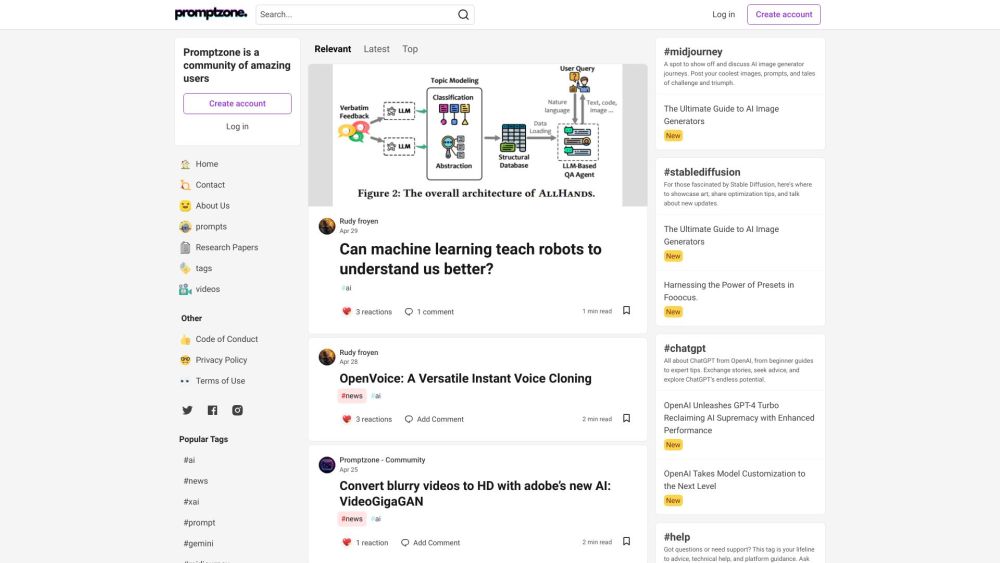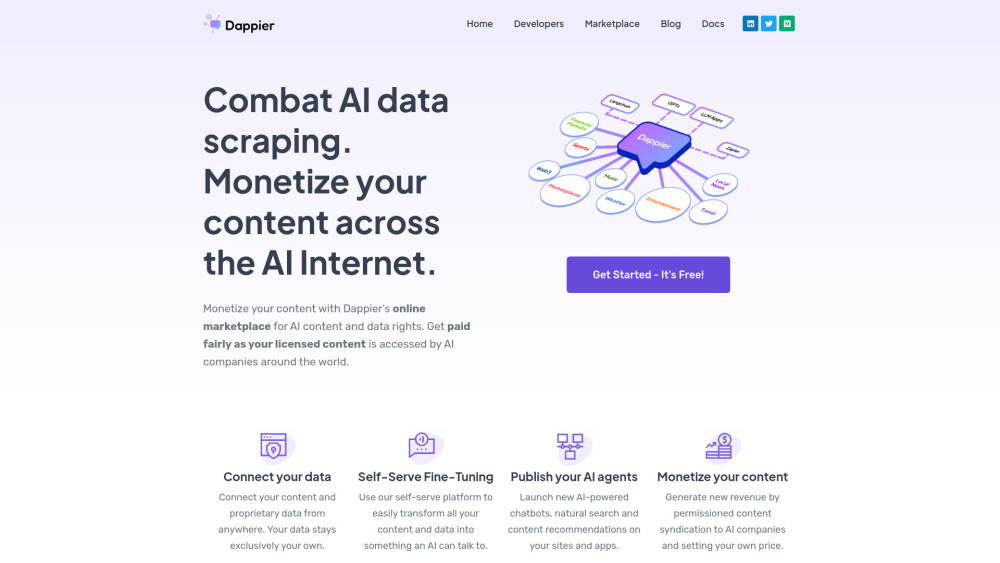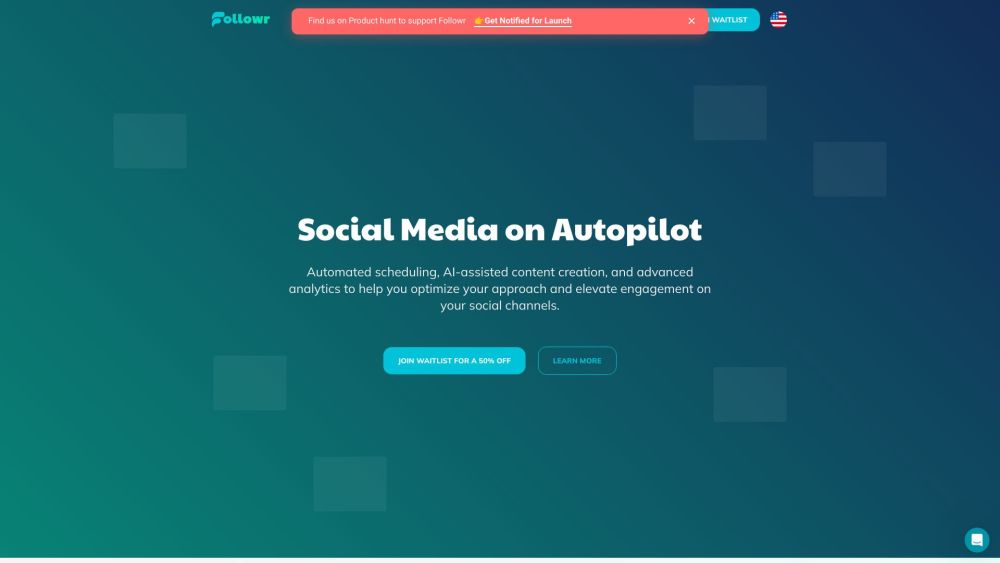Google Launches Gemini Mobile App in India, Now Supporting 9 Indian Languages
Most people like

Welcome to our innovative platform dedicated to fostering creativity through the power of shared ideas. Here, users can explore an extensive collection of creative prompts designed to inspire writers, artists, and thinkers alike. By connecting with a vibrant community, you’ll not only find unique prompts but also share your own, enriching the creative experience for everyone. Join us today to unlock your imagination and elevate your creative projects!

In today's digital world, a strong first impression is crucial. AI-generated professional headshots not only enhance your online presence but also convey professionalism and approachability. Utilizing advanced artificial intelligence technology, these headshots are crafted to meet the unique style and branding needs of individuals and businesses alike. Discover how embracing AI-generated imagery can transform your personal and professional brand, setting you apart in a competitive landscape.

In today’s digital landscape, the demand for high-quality content is at an all-time high, making AI content licensing an essential asset for businesses and creators alike. Online marketplaces dedicated to AI content licensing provide a streamlined platform for accessing, sharing, and monetizing innovative AI-generated material. Whether you’re a marketer seeking engaging visuals or a content creator in need of fresh ideas, these marketplaces offer a treasure trove of resources designed to enhance your projects and boost your productivity. Discover how leveraging AI content can transform your creative efforts and elevate your brand in the competitive online space.
Find AI tools in YBX



